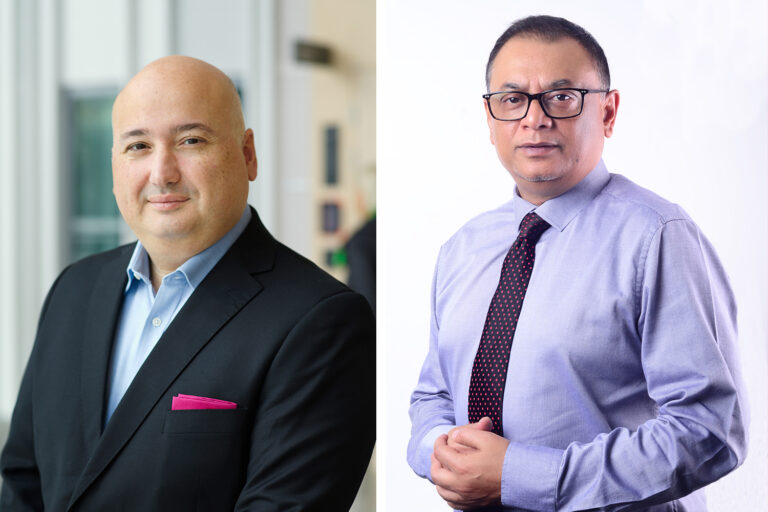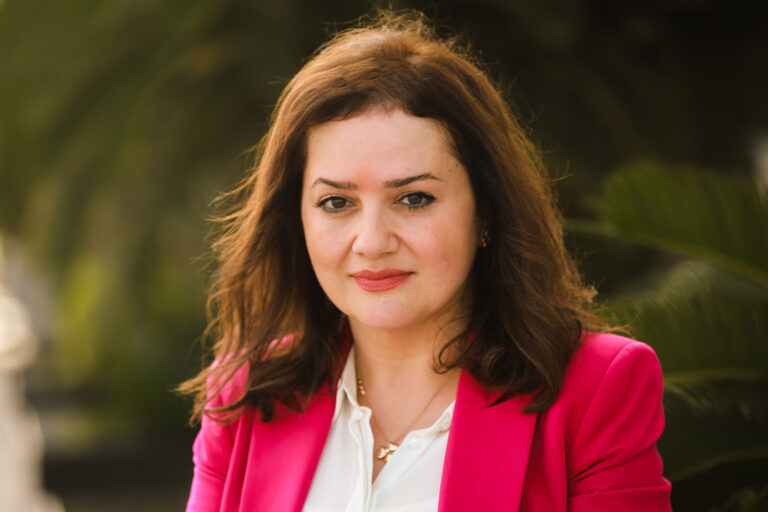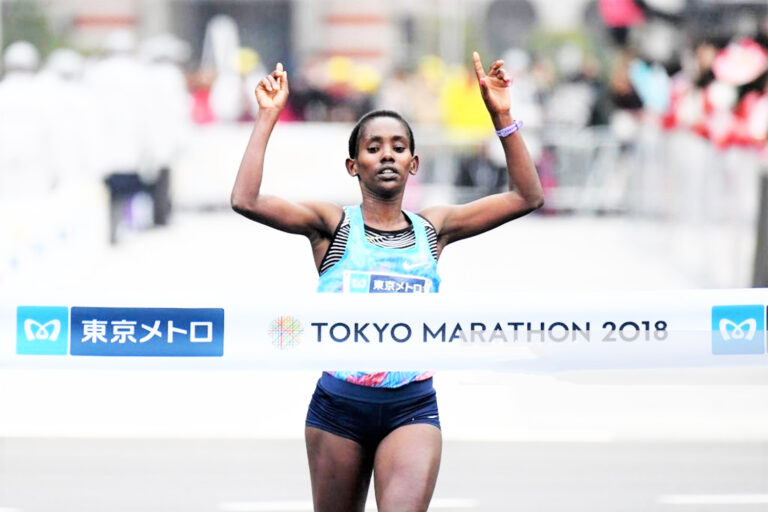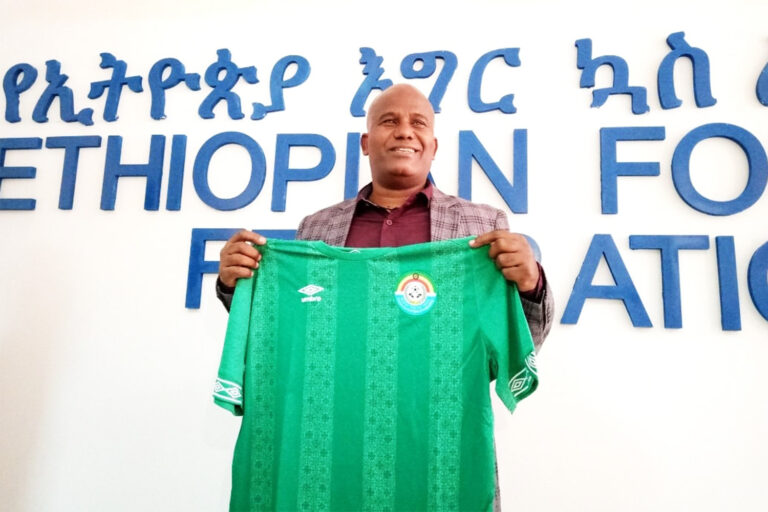Airtel Africa is expanding its strategic partnership with Ericsson (NASDAQ: ERIC) to enable 4G coverage in Kenya. With Ericsson’s Radio Access Network (RAN) and packet core products for 4G, Airtel subscribers will experience enhanced quality of voice and data.
The network modernization deal, signed in August 2020, is in line with the Kenyan Digital Economy Blueprint Vision 2030 which aims to provide robust connectivity in rural areas and facilitate e-commerce platforms. The modernization deal will drive the simplification and upgrade of the existing network and future-proof it for the anticipated rapid mobile expansion in the country.
With Ericsson Radio System and Packet Core solutions, Airtel Kenya’s network will have 4G coverage, while driving enhanced use cases in both the consumer and the enterprise  segments. Ericsson technology shall make the network in Kenya ready for 5G deployment.
segments. Ericsson technology shall make the network in Kenya ready for 5G deployment.
Prasanta Das Sarma, CEO at Airtel Kenya says: “Robust and secure communications are an essential component of a digital society in Kenya. We are firmly anchored to the strategy of delivering reliable connections across the country and are looking forward to expanding the high-quality mobile broadband services to our subscribers.”
Fadi Pharaon, President of Ericsson Middle East and Africa, says: “Together with Airtel, we will implement this project that aims to establish an advanced LTE network in Kenya, providing Airtel’s customers an enriched experience – both in the consumer and business segments. Through this partnership, we reaffirm our ambition to set #AfricaInMotion by partnering with Airtel to grow and support an increasingly digitalized society in Kenya.”
Furthermore, Ericsson will deploy its Kathrein Mobile Communication Antenna portfolio which will help provide additional enhancement to the network’s robustness whilst Ericsson’s technologically advanced network management system, Ericsson Network Manager will be utilized to support Airtel in managing the network seamlessly by integrating various network elements on single platform.
Airtel selects Ericsson to modernize its 4G network in Kenya
#AfricaInMotion: Accelerating inclusion through mobile solutions
By: Fida Kibbi, Vice President & Head of Marketing and Communications
Ericsson Middle East & Africa
Digital revolution has enabled various forms of innovation. We all agree that Africa is witnessing a major technology shift and the pace of change in Africa is becoming exponential. At Ericsson, we have launched #AfricaInMotion to accelerate technology roll-out in Africa together with our partners and re-iterate our commitment to the continent.
According to Ericsson’s Mobility Report, more than 340 million people are connected to mobile broadband across Sub-Saharan Africa and, in just five years, this number will almost double. By 2025, mobile data traffic in Africa will rise by more than 50% year-on-year – by far the highest growth rate worldwide.
So, Africa isn’t just catching up. There is a real buzz here and technology adoption is improving!
However, it’s not about what we have, it’s about what we will do with it! It’s about the extent to which connectivity can accelerate finding solutions to our challenges in Africa whether economic or social.
The power of connectivity is addressing one of those major challenges and, in my view, an essential one to solve all other challenges; Education!
We all know that education brings growth and progress into society. The more the people in a society are educated, the more they can provide beneficial contribution to their environment.
Another fact that adds value to the importance of education, is that it has an essential role in improving individuals’ lives and the communities. Education fosters inclusion and ultimately enables sustainable development goals and human development, creates opportunities for the people of Africa and sustainable development.
Quoting the late Nelson Mandela ‘Education is the great engine of personal development. It is through education that the daughter of a peasant can become a doctor, that the son of a mineworker can become the head of the mine, that a child of farm workers can become the president of a great nation. It is what we make out of what we have, not what we are given, that separates one person from another.’
If Africa is to compete in the digital age, a focus on people and the young ones is the starting point, and in parallel we need to leverage the power of connectivity to enable education and from there reap the benefits to the society and the economy.
So how can we enable digital inclusion to support the future of education?
Key enablers to support digital inclusion and greater adoption of mobile services to support future education are having the infrastructure in place, smartphone affordability, consumer educational readiness and content.
This pandemic has created the largest disruption to the education systems in history! Nevertheless, this crisis has stimulated innovation and was a great example of the power of connectivity sustaining education and also the power of collaboration. When all partners came together to enable connectivity and develop solutions for schools, education was sustained.
This inspired us at Ericsson to partner recently and join forces with UNICEF to help close the digital gap by mapping unconnected schools worldwide in 35 countries by the end of 2023, many of which are in Africa. This is a critical first step towards providing every child with access to digital learning opportunities. This joint effort is part of the Giga initiative that aims to connect every school to the internet.
In addition to funding, we are committed to provide resources for data engineering and data science capacity to accelerate school connectivity mapping. Together with our partners in the industry, we will assist with the collection, validation and analysis of real-time school connectivity data. This is part of our Connect to Learn program, a global education initiative which has reached over 180,000 students located across 25 countries to date.
Today, technology is presenting us with an opportunity and it’s on us all to collaborate, change mindsets, drive policy changes and create the necessary environment for knowledge sharing and execution and be part of building a brighter future for Africa.
But how can we contribute moving forward?
If we will have a true impact on inclusion, we must work together on behalf of the excluded population to scale connectivity, enable technology adoption and leverage it towards enabling education. We will need to focus on public-private partnerships and collaborate to create the necessary environment for knowledge sharing and execution. To accelerate digital inclusion, we all have a role to play.
Just because a person is connected doesn’t mean our job is done. It’s about what connectivity will bring to him or her and what it will solve.
Together, we are fighting diseases and technology proved us that it has the power of saving lives and our world. Today, we have an opportunity to set #AfricaInMotion and accelerate Africa’s growth with digital inclusion. We can create historical change with technology as a key enabler; a society where more people have the opportunity to enjoy what we take for granted.
#AfricaInMotion
Valencia Marathon announces the names of the first athletes taking part in its ambitious ‘Elite Edition’
A line-up of great athletes will be among the 250 participants, while the half marathon will feature 50 runners and the best debutantes at the distance
The Valencia Marathon Trinidad Alfonso EDP is organising an Elite Edition marathon and half marathon to be held on 6 December 2020 and it can now confirm the names of the first male and female athletes who will seek to achieve the most ambitious sporting goal possible by trying to set new race records.
In the case of the marathon, the goal will be to beat the current times set in Valencia and get as close as possible to the current men’s and women’s world records. The Ethiopians Birhanu Legese (2h02:48, third best time in marathon history) and Kinde Atanaw  (2h:03:51), winner last year and current record holder for the Valencian course, are two of the athletes who will try to achieve this feat. In addition, the winner of the Boston and Chicago marathons, Lawrence Cherono (2h04:06), the European record holder Kaan Kigen Özbilen (2h04:16) and the World Champion Lelisa Desisa (2h04:45), will be among the Platinum and Gold athletes who will meet in Valencia Ciudad del Running on 6 December. The athletes will also include several world champions at the distance and winners of different majors in recent years, as well as other debutantes at 42,195 m with a great desire to achieve a good time, such as Jemal Yimer.
(2h:03:51), winner last year and current record holder for the Valencian course, are two of the athletes who will try to achieve this feat. In addition, the winner of the Boston and Chicago marathons, Lawrence Cherono (2h04:06), the European record holder Kaan Kigen Özbilen (2h04:16) and the World Champion Lelisa Desisa (2h04:45), will be among the Platinum and Gold athletes who will meet in Valencia Ciudad del Running on 6 December. The athletes will also include several world champions at the distance and winners of different majors in recent years, as well as other debutantes at 42,195 m with a great desire to achieve a good time, such as Jemal Yimer.
In terms of women athletes, after a 2019 in which four athletes finished in under 2h19 at the last marathon in Valencia, the list of female starters will include the Ethiopians Azmera Abreha (2h18:33), Ruti Aga (2h18:34), Birhane Dibaba (2h18:35), Zeineba Yimer (2h19:28), Tigist Girma (2h19:52) and Mare Dibaba (2h19:52), all with times under 2 hours 20 minutes. The American Jordan Hasay (2h20:57) and the debutante Fancy Chemutai are other big names, in addition to Joyciline Jepkosgei (2h22:38), who won in New York in her premiere at 42.195 kilometres, and she already knows what it is to win in Valencia, where she achieved the world record in a half marathon in 2017. Joan Chelimo (1h05:04 – Half Marathon) and Peres Jepchichir (current half marathon – only women – world record) will also be in the front line.
Assault on the half marathon with two top level debutantes
And the strong field in the Valencia Half Marathon Elite Edition, which will also be held on 6 December but without overlapping on the course with the marathon, will include a team of athletes who will seek, in the fast streets of Valencia Ciudad del Running, to approach the world record for both men (58:01) and women (1h04:21).
The Kenyan Rhonex Kipruto, who achieved the world record at 10K (26:24) in the Ibercaja Valencia 10K, is the big favourite to fight for a world-beating time at 21,097.5 metres, along with another runner who has not yet premiered in the half marathon, the Ugandan Jacob Kiplimo (26:41 at 10K). And up to ten more runners with times below 60 minutes augur well for a very fast race. Stephen Kiprop (58:42), Bedan Karoki (58:42), Bernard Ngeno (59:07), Alexander Mutiso (59:09), Julien Wanders (59:13 and European record), Philemon Kiplimo (59:28), Geoffrey Koech (59:36), Gabriel Geay (59:42), Alfred Barkach (59:46) and Kelvin Kiptum (59:53) will be running to beat their best times.
And in the women’s race, distance debutante Ethiopian Letensenbet Gidey, with the world’s best time over 15K (44:20) along with Kenyan Sheila Chepkirui, winner of the 10K in Valencia and Prague, will fight for the best women’s time in history alongside the experience of 2019 winner Senbere Teferi (1h05:32). 
For Marc Roig, International Elite Coach for the Valencia Marathon and Half Marathon “we have worked hard in recent months to put together two lists that include the highest-level elite athletes, to break our own records and get as close as possible to the world records for the two distances. Along with these names, there are others to be confirmed that will, without a doubt, make Valencia the biggest race of 2020”.
“Dream came true” new national boss Wubetu Abate
The two months hustling of Ethiopian national team coach appointment came to rest on Monday with former Adama player turned Coach Wubetu Abate taking the helm penning a two year contract. The new appointee took just two days before announcing his deputies including women’s club coach Asrat Abate among his three members coaching staff. “Though the appointment came earlier than expected and took me by surprise, it is my life time dream coming true” Wubetu told reporters.
It took more than two months for Ethiopian Football Federation finally to decide a new national boss replacing Abraham Mebratu whose contract expired at the end of June. Despite huge pressure from national technical director Sewnet Bishaw, Ethiopian Football Coaches’ Association chairman Solomon Abate and number of media outlets, EFF President Ato Issayas Jirra appeared in public to proudly announce that Wubetu is the very ideal person to take over the hot seat.
“In addition to Abraham’s contract expiry we had had given notification that he has not done enough to build a humble national side. Therefore we just picked the right person for the job” Issayas disclosed at the press conference held to introduce Wubetu as the new national coach.
Wubetu took no time to name his deputies with former Ethio Electric Coach Anwar yasin and formerly with Dedebit and Lucy Coach before taking over at Bishoftu and Butagera Coach Asrat Abate as his second in commands. Former national side and Kidus Giorgis popular goal keeper Desalegn G/Giorgis shouldered the duty of producing an ideal goalkeeper for the national side that is under a serious time constraint to prepare.
Back from seven months rest due to Covid19 pandemic, Ethiopian national side faces Niger in away and home double encounter for African nations’ qualification third and fourth round fixtures.






